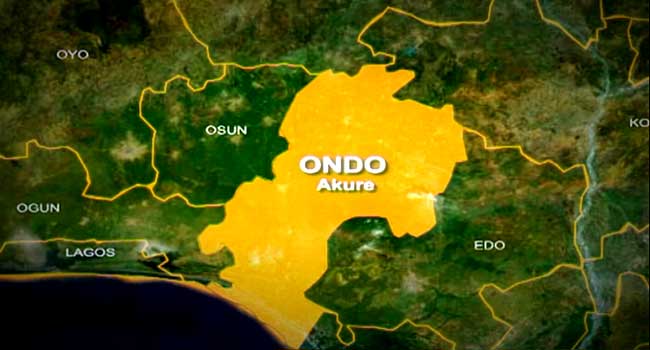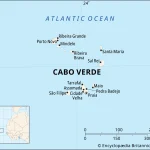
Cocoa Farmers in Ondo Push Back Against New Forest Policy

In Ondo State, tension is brewing between cocoa farmers and the government over a new Forest Farming Policy that many describe as punitive and out of touch with local realities. The policy, introduced by Governor Lucky Aiyedatiwa’s administration, imposes new fees and restrictions on those cultivating cocoa within forest reserves. This move, smallholders say, could drive them out of business.
The farmers, mainly operating in Idanre, Akure, and nearby communities, have petitioned the state government, warning that the policy could cripple livelihoods and harm Nigeria’s cocoa industry, one of the country’s most critical non-oil exports. In a letter dated October 30 signed by their lawyer, they called the new levy of ₦250,000 per hectare “unreasonably high, discriminatory and financially devastating.”
Under the new arrangement, cocoa farmers must pay ₦150,000 for polygon mapping and ₦100,000 for an agro-forestry permit, which is valid for only five years. The government argues that the changes are designed to align with the European Union’s new deforestation regulations, which demand stricter traceability and sustainability standards from cocoa-exporting countries like Nigeria.
However, the policy feels like an unfair blow for smallholders already struggling with rising costs and falling prices. “Cocoa prices have crashed from ₦14,000 to ₦6,000 per kilogram,” the farmers note in their petition. “Introducing such fees now will only worsen the hardship.”
They point to what they describe as a double standard, citing that large-scale investors operating in the same forest zones pay far less on a per-hectare basis. One company reportedly secured a 50-year permit covering 14,000 hectares for ₦50 million annually, which amounts to less than ₦4,000 per hectare, compared to the ₦250,000 that small farmers are now being asked to pay for just five years.
The farmers are asking for four key changes: a reduction of the levy to reflect their economic realities, a subsidy for the mapping exercise, longer permit durations (up to 50 years), and a review of the agro-forestry charge, which they argue far exceeds the actual cost of replanting trees.
For many, the issue runs deeper than numbers; it’s about survival. Cocoa farming has long been the backbone of Ondo’s rural economy, providing income and employment across generations. With prices down and inflation rising, farmers say this policy could be the final push that forces many to abandon their farms.
READ MORE: While the Sahel Unites, Nigeria Still Struggles With Its Passport Identity
The government, however, insists that the policy is necessary for environmental accountability and future trade competitiveness. Officials argue that Nigeria risks being shut out of lucrative international markets without compliance with EU standards.
However, the farmers believe the government can find a balance that enforces sustainability without punishing those who sustain the industry.
We are not against regulation, one farmer said during a community meeting. We are against policies that make it impossible to keep farming.
As the state government reviews the petition, the standoff symbolises a larger national dilemma: how to modernise agriculture and protect forests without deepening poverty in rural communities.
For now, the cocoa farmers of Ondo are holding their ground, fighting not just for fair policy, but for the future of one of Nigeria’s oldest and most important exports.
About The Author
Related Articles
Benin and Niger Relations Deteriorate Further as Diplomatic Expulsions Escalate
Diplomatic relations between Benin and Niger have sharply deteriorated following a series...
ByWest Africa WeeklyJanuary 5, 2026Nigerian Air Force Confirms Crash of CH-4 Combat Drone in Niger State
The Nigerian Air Force has confirmed that one of its CH-4 combat...
ByWest Africa WeeklyJanuary 5, 2026Mali Survive Shootout Against Tunisia, Set Up Senegal Showdown
Mali advanced to the quarter-finals of the Africa Cup of Nations after...
ByWest Africa WeeklyJanuary 5, 2026Nigerian Banks Shut Down 229 Branches as Cost Pressures and Digital Shift Deepen
Nigeria’s banking sector has witnessed a significant contraction, with commercial banks shutting...
ByWest Africa WeeklyJanuary 5, 2026












Leave a comment